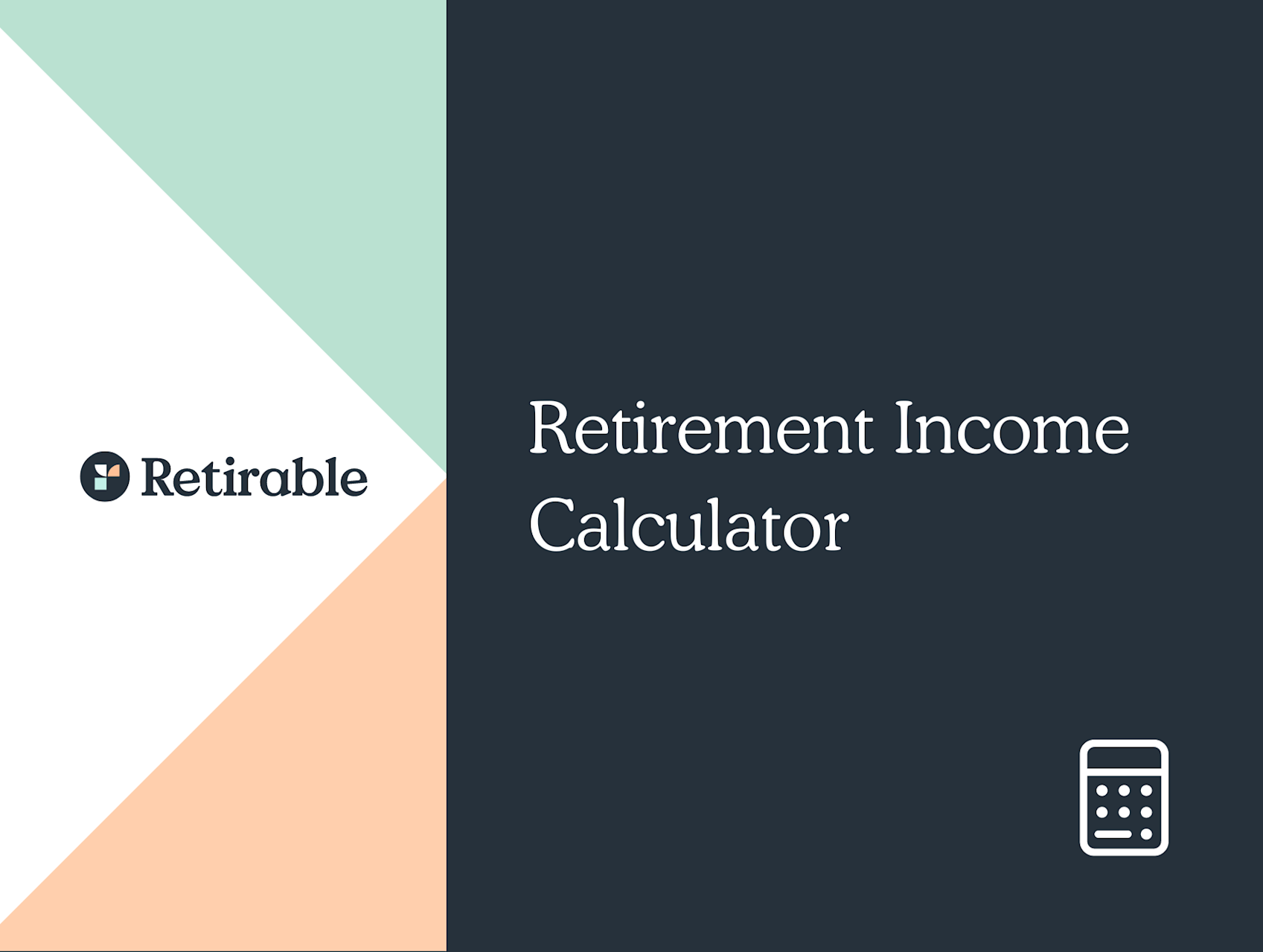Income
When you leave the workforce, you’ll inevitably see a drop in income. You can slash your expenses to make up for the reduction, but what happens if you run out of money? Learn more about your options.

Stephanie Faris
•
Published July 26th, 2021
Table of Contents
Key Takeaways
Once you retire, you’ll be living on a combination of Social Security and whatever retirement savings or pensions you have.
Careful budgeting and cost cutting can help you ensure you have enough set aside to last throughout retirement.
You may also have to generate extra income, such as working a part-time job or cashing in some money from your life insurance policy.
When you leave the workforce, you’ll inevitably see a drop in income. You can slash your expenses to make up for the reduction, but what happens if you run out of money?
The first thing to do is not panic. Then take a moment to consider your options.
Why Running Out of Money is a Genuine Concern
No matter how much money you have set aside on the day you retire, chances are, you’ll worry about eventually running out. In fact, 60 percent of boomers are more afraid of running out of money than they are of dying.
What happens when you retire is that you supplement your Social Security benefits with any savings you have. You can count on your Social Security coming in each month, but that savings isn’t unlimited. It’s important to strike the balance between using your savings and leaving enough in there to cover you for the long term.
Do you have enough money to last through retirement?
Schedule your FREE Retirable consultation today.Should The Average Retiree Worry About Running Out of Money?
The big question is whether your worry is merited or not. It can help to look at what happens to elderly with no money. For most retirees, Social Security income will still be there, so they’ll simply lose that supplemental savings.
But it’s tough for many households to live on Social Security alone. The average monthly Social Security benefit in December 2020 was $1,544. It’s important for retirees to pay close attention to their own unique monthly Social Security payment amount to determine how much they need to supplement the amount they’ll get. It’s also an important reason to wait to take your benefit if you are able to, speak with a Retirable CFP to help identify the best time to claim Social Security.
What Happens If I Run Out of Money?
If you’re wondering when your retirement money will run out, take some time to calculate your expenses and your income. You may find your answer in that.
If you do run out of money at some point in retirement, it’s important to have a plan. If you can rent out a room in your home or sell your home for a less expensive alternative, you may be able to make Social Security stretch farther.
How to Prepare When Money Runs Low
What happens if you retire without savings? You’ll likely have to either cut expenses or generate more income. Here are some things to do if you see money running low.
Cut Costs
The first thing to look at if you’re thinking “What if I run out of money?” is your expenses. When you retire what happens is that you likely find you’re spending less. But there’s always room to cut more. Look over your budget and identify areas where you can slash some costs.
Tap Into Your Life Insurance Policy
What happens if your pension runs out and you have life insurance? You might be able to borrow some of the funds in it. You’ll need a cash value life insurance policy to take advantage of this benefit.
Before you take money from your life insurance policy, look into the tax ramifications. Also read the fine print on the policy and make sure you won’t have to pay interest on any amount you borrow from it.
Consider Going Back to Work
If you were faced with the question of what to do when elderly parent runs out of money, what would your advice be? Chances are, the same advice could apply to you. One common tip is to return to earning an income.
You don’t have to go back to your previous full-time career. Even a part-time job could help supplement your Social Security. Use this as the opportunity to take on that fun gig you’ve always wanted.
Ask for Help or Talk to an Advisor
The best person to ask, “What happens if I run out of money in retirement?” is a financial advisor. Look for federal and local programs designed to help seniors with financial management. If you belong to any organizations, look to see if help is available for free or at a discount. Even better, schedule a FREE consultation with a Retirable. We'll take a look at where you stand today and what's possible for tomorrow while developing a plan to fit your needs and lifestyle.
Final Thoughts
If you’re preparing to leave the workforce and wonder, “Will I run out of money in retirement?” one of the best things you can do is work with a financial advisor. The right professional can help you prepare a budget and ensure you’ve set enough aside. You can also get advice on just how much you’ll need to take out each month to ensure you’ll have money to last you through retirement.
Share this advice

Stephanie Faris has written about finance for entrepreneurs and marketing firms since 2013. She spent nearly a year as a writer for a credit card processing service and has written about finance for numerous marketing firms and entrepreneurs. Her work has appeared on Money Under 30, The Motley Fool, MoneyGeek, E-commerce Insiders, and GoBankingRates.
Decumulation
Paycheck
Lifestyle Planning
Income Sources
Strategies
Taxes
Risks
Share this advice

Stephanie Faris has written about finance for entrepreneurs and marketing firms since 2013. She spent nearly a year as a writer for a credit card processing service and has written about finance for numerous marketing firms and entrepreneurs. Her work has appeared on Money Under 30, The Motley Fool, MoneyGeek, E-commerce Insiders, and GoBankingRates.




